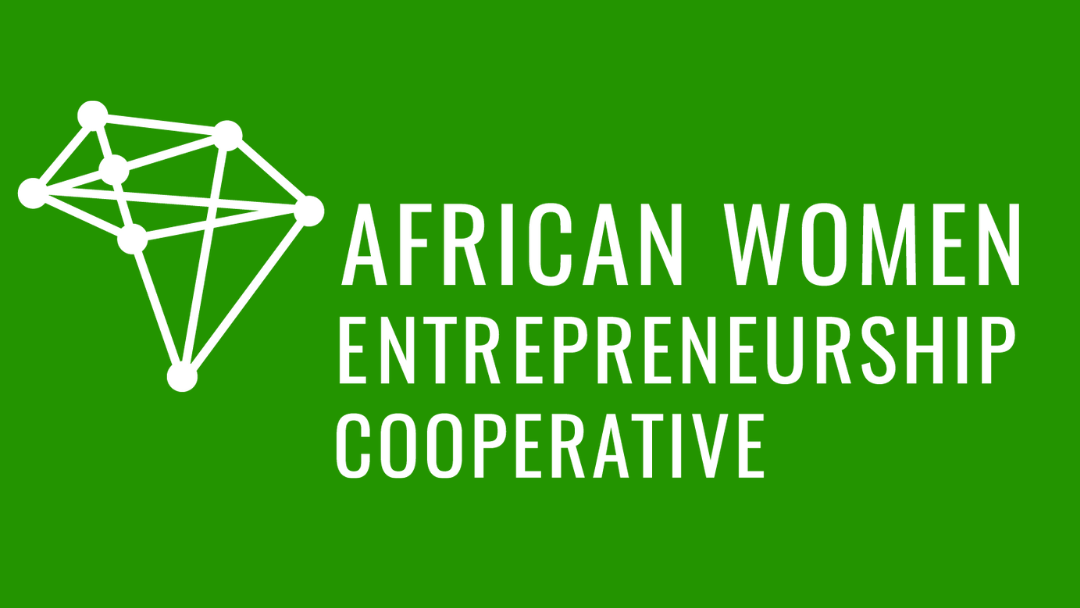AWEC Introduces Women’s Economic Empowerment Program to Diplomatic Corps in Washington, DC
As guests arrived at the home of philanthropist and CEO Shahin Mafi to celebrate AWEC’s first year and to raise funds to support our ongoing work, they were greeted by two AWEC alumnae – Ejiro Jakpa from Nigeria and Sharon Ndegwa from Kenya. Ejiro and Sharon had flown in from their home countries to share success stories from their AWEC program year and provide insight on how they have been empowered to build better businesses.
We were joined by friends, supporters, sponsors, AWEC Mentors and Board members, and Ambassadors and representatives from 10 African embassies. Our guests were united by a commitment to transform Africa through the economic empowerment of women entrepreneurs.
The goal for the evening was simple: to introduce the AWEC program to representatives from governments and companies that share our priorities and build relationships. It also doubled as a fundraiser to gain resources that will allow us to invest in more African women entrepreneurs.
Ejiro Wows the Crowd with Her Company’s Growth.
Ejiro Jakpa is the CEO of Nicnax Granola, a company that manufactures granola cereal in Nigeria. She started the business with $50 USD and has turned this into an annual revenue of $20,000 USD, leveraging the resources and network accessed through the AWEC program.
AWEC Alumna Ejiro Jakpa discusses with Chris Caine, President of the CGE and the Mauritius Ambassador in Washington, DC
As she shared her experience with AWEC Live Sessions and assignments, one story stood out. Seven months into the program, she was invited to a business pitch competition and applied what she had learned through AWEC about communicating her business’ value proposition.
“I went into the competition armed with all the knowledge I had, pitched my heart out, and won,” she said. She invested the prize money of $2,500 to purchase key equipment to move her business to the next level, including an expansion of her product line. Ejiro has also just concluded negotiations with an equity investor for $100,000 USD and drew upon the skills and knowledge gained in AWEC to logically evaluate the opportunity.
Perhaps the most compelling part of Ejiro’s story is the impact of her business on people. Today, Ejiro employs five members of staff including one single mom who had resigned herself to a life of mundane work after having a baby as a teenager. Now Ejiro is paying it forward by mentoring this young woman and guiding her to dream bigger, including returning to school while keeping her job.
Sharon Highlights the Importance of Confidence and Storytelling.
When Sharon entered the world of entrepreneurship, she wasn’t confident about speaking to a room full of people. Yet, there was no sign of fear as she confidently addressed the gathering of ambassadors and AWEC partners. The story of how she provides mothers with healthy meal options for their kids through her food processing company, Nature’s Bowl, is powerful and inspiring.
“I was that person who would run to the back of the room, but AWEC gave me personal and professional confidence,” she said. The soft skills that AWEC teaches are crucial because they create a well-rounded entrepreneur and ensure that women are growing meaningful and sustainable businesses.
These skills have paid off for Sharon. She had the opportunity to apply for the Standard Chartered Bank Women in Technology program (WIT) in Kenya. With the knowledge she gained from the AWEC program as well as the WIT business development classes, she was shortlisted as one of the 10 top businesses from over 200 applications.
At the end of the program, she pitched to the judges and won $10,000 USD seed funding, which she is using to grow her business. Now, she feels better equipped to understand her customers’ needs and how to meet those needs. Echoing AWEC’s focus on empowering entrepreneurs with knowledge, not handouts, she says, “Africa’s development will come from commercialization. We are no longer interested in your donations.”
What’s Next?
The need to invest in Africa’s women entrepreneurs resonated with the ambassadors and partners as they listened to the powerful stories from these women. They recognized the importance of support for the program and opened up a conversation on ways individual countries and organizations can support AWEC.
The program, which is in its second year and has enabled 400 women with the tools to grow and sustain their business, will benefit from relationships with the Diplomatic Corps. These connections will enable us to reach more women in more countries for a greater impact.
If you or your company is interested in exploring how we can partner to empower and enable Africa’s booming crop of women entrepreneurs, please contact us at awec@thecge.net.

